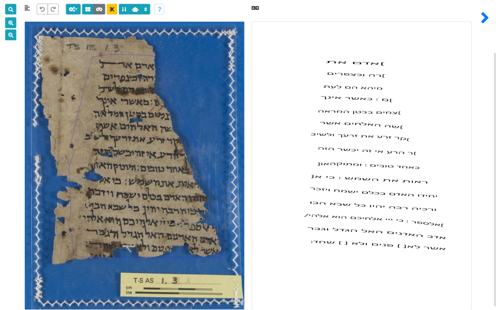Senator Ted Cruz is intensifying his public feud with journalist Tucker Carlson as he positions himself for a potential presidential run, aiming to distinguish himself from other Republican leaders and appeal to donors seeking alternatives to the current movement. Cruz's criticism of Carlson, particularly over issues related to support for Israel and interviews with controversial figures, is seen by insiders as a strategic move to challenge both President Donald Trump and Vice President JD Vance without direct confrontation.
Republican strategists note that Cruz's approach signals his alignment with the pro-Israel faction of the party, while also highlighting divisions over foreign policy and the tone of political discourse. Meanwhile, Vance maintains a more measured stance, advocating for open debate within the party and emphasizing the importance of prioritizing American interests. The ongoing tension reflects broader debates within the Republican Party about authenticity, leadership, and the direction of future campaigns.
Cruz continues to call for strong public opposition to antisemitism and criticism of Israel, warning of potential crises if party leaders do not take a clear stand. As the rivalry unfolds, both Cruz and Vance are navigating complex relationships with Trump and influential media figures, shaping the landscape for the next presidential race.

 image sourced from original article at
image sourced from original article at 


